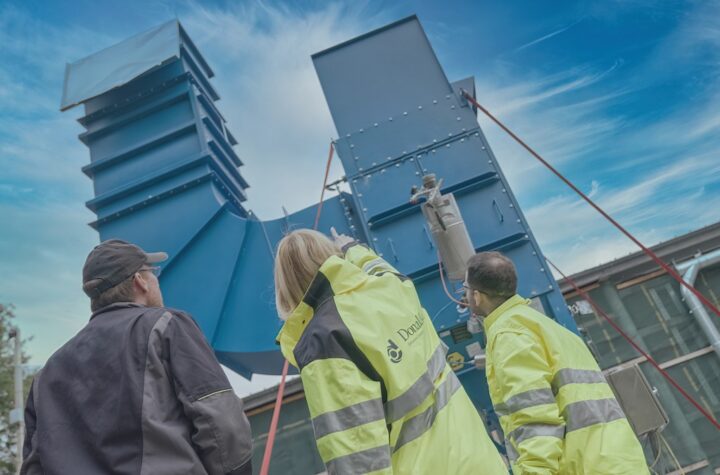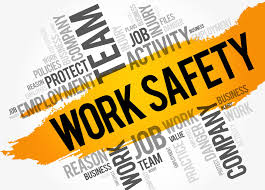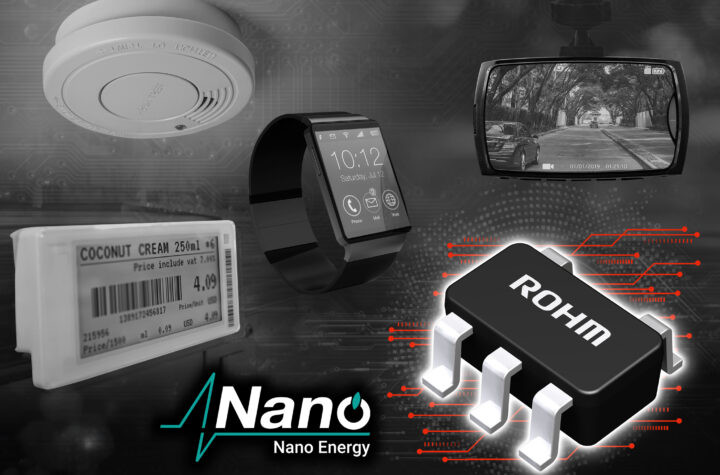Stakeholders, including automakers, educational organizations, technology companies, and others, will need to develop strategies and work together if they are to adequately prepare the workforce for the future of automated vehicles, according to the authors of a study conducted for the American Center for Mobility (ACM).
“Preparing the Workforce for Automated Vehicles” was funded through a US$75,000 contribution by the Toyota Research Institute (TRI). The study was conducted by Michigan State University in collaboration with Texas A&M Transportation Institute. “TRI is committed to advancing automated vehicle technology in ways that improve society and individual well-being, and we need to better understand the impact this may have on future jobs and employment,” said Dr. Gill Pratt, TRI CEO and Toyota Motor Corporation Fellow.
The study found that only a modest number of truck driver jobs will be affected in the United States. “In contrast, automated vehicles are creating demands for various technology and other non-driving occupations, suggesting a brighter aggregate jobs outlook than suggested by various earlier studies. Automated vehicles will, however, necessitate substantial change in the way that employees perform their job in the transportation and many other sectors. For many, this will require the acquisition of new skills and, in some cases, perhaps reimagining of what their job entails,” says the report. The advent of automated vehicles is also likely to result in the creation of thousands of new jobs in engineering, data analysis, cybersecurity, and vehicle “monitoring” areas.
ACM is a joint initiative with the State of Michigan and was founded in partnership with the Michigan Department of Transportation (MDOT), the Michigan Economic Development Corporation or MEDC, the University of Michigan, Business Leaders for Michigan, Ann Arbor SPARK and Ypsilanti Township. The Center is part of PlanetM, which is a partnership of private industry, government and institutions of higher learning which share the common goal of leading the development of smart solutions that will change the way people and goods are transported across all modes of transportation.
Located on a 500-acre site, the ACM opened its doors for testing in December 2017. One of 10 federally designated proving grounds for developing and testing self-driving vehicles, the center provides a myriad of real-world environments with the ability to test under a range of driving environments and infrastructure that includes a 2.5-mile highway loop, a 700-foot curved tunnel, two double overpasses, intersections and roundabouts.
In April 2018 it was announced that Microsoft would be the exclusive data and cloud provider for the mobility center. ACM will collaborate with Microsoft to design a cloud-based data management and analytics platform (DMAP) solution to collect, store and analyze data from tests conducted at the center. The solution will be based on the Microsoft Azure cloud platform. Using Azure and the DMAP solution are expected to enable ACM and its partners to accelerate the development of (CAV) technologies, apps and industry standards, to create a safe environment for testing, validating, and enabling collaboration across all members.
“Vehicles are quickly becoming data centers on wheels, and the opportunity to use the vast amounts of information generated to fuel innovation is unprecedented,” says Kevin Dallas, corporate vice president, artificial intelligence & intelligent cloud business development, Microsoft. The company joins a long list of firms supporting ACM, including its founders AT&T, Visteon Corporation, Toyota, Ford and Hyundai America Technical Center; and sponsors Subaru of America and Adient. In addition to serving as the Center’s exclusive data and cloud provider, Microsoft will hold a position on ACM’s Industry Advisory Board (IAB).
Around the time of these developments, John Maddox, the erstwhile president and CEO of ACM left. Kirk Steudle has been appointed interim CEO. Steudle, an industry veteran, has been with the MDOT since 1987. He has successfully managed MDOT’s $4.7 billion annual budget and is responsible for the construction, maintenance and operation of nearly 10,000 miles of state highways and more than 4,000 state highway bridges. His resume includes chairing the Transportation Research Board executive committee. He was president of the American Association of State Highway and Transportation Officials (AASHTO) from 2011 to 2012 and has been a member of the AASHTO Board of Directors since 2006.
Automotive Industries asked Kirk Steudle, Interim ACM President and CEO, what qualities are needed in the person who leads the ACM in the global arena.
Steudle: The automotive industry is undergoing a significant shift globally with the commercialization of advanced transportation mobility. As a world-class test facility and proving ground ACM is contributing to what the future of transportation will look like. The ideal candidate will be a strategic thinker with the ability to anticipate the needs of industry, possess a true passion and commitment to excellence for the work conducted by the center with a real desire to spearhead innovation.
AI: Would you say a visionary is needed?
Steudle: Absolutely. ACM is still very much a technology start-up, so the ideal candidate will need to have both vision and an entrepreneurial spirit. It’s a unique role but also a great opportunity for someone who has an appetite for making a significant difference.
AI: Have you and the ACM board identified a likely candidate?
Steudle: We haven’t identified a candidate just yet, but we are vetting several highly skilled candidates and the search is going well.
AI: What is your vision for the American Center for Mobility?
Steudle: Our mission remains unchanged. We are moving forward quickly, being nimble and adjusting to changing environments. The staff is continuing the vision of advancing future mobility testing and standards development. In completing that vision, we are working to promote economic development for the state of Michigan and convene programs that contribute to training the future workforce.
AI: ACM already has a number of partnerships with industry and educational institutions – what are the opportunities for future collaborations?
Steudle: For companies and start-ups looking to engage with ACM we certainly welcome the opportunity to work together. The facility is available to any company looking to test and validate their automotive technology. Through our partnership with PlanetM we recently launched a testing grant program allowing start-ups to take advantage of subsidized pricing for use of the facility. Separated into two different categories, these grants encourage mobility start-ups to test their technologies on Michigan roadways or at Michigan’s state-of-the-art testing facilities.
Unfortunately, cost to test can be a deterrent for certain start-ups, so PlanetM with partners, ACM and Mcity, are acting to provide funding to reduce this cost. This will allow start-ups to focus their resources on enhancing and proving their technologies, and work to deepen companies’ ties to Michigan and the mobility ecosystem in the region.
AI: And what are some of the challenges facing the Center?
Steudle: There are the typical challenges that every start-up must tackle in the first few years of operation. One of the more unique hurdles for ACM is ensuring our offerings and capabilities are appropriate given the rapidly changing pace of industry. Tapping into our industry advisory board, which consists of executive leaders representing our founder level investors, helps us to maintain a competitive edge when considering how we make improvements and plan additional testing environments. Another challenge is identifying ways to educate the public. ACM’s role, as one of the nation’s most complex and technologically challenging proving grounds, will be to help educate the public on the testing methodology to ensure vehicle safety and reliability.








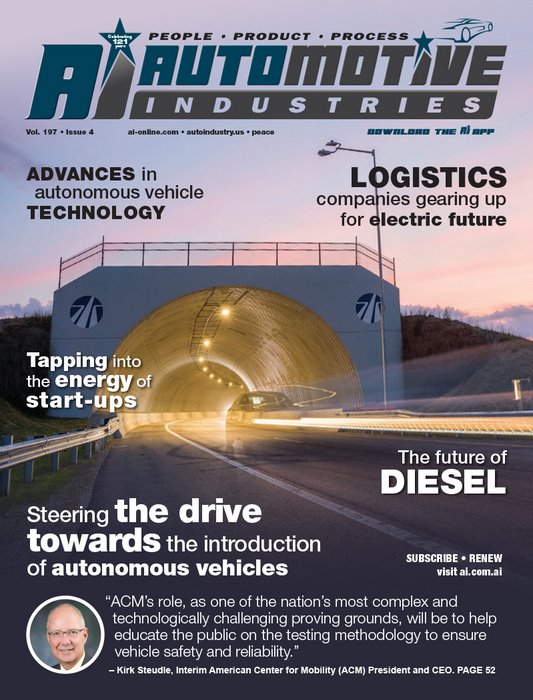




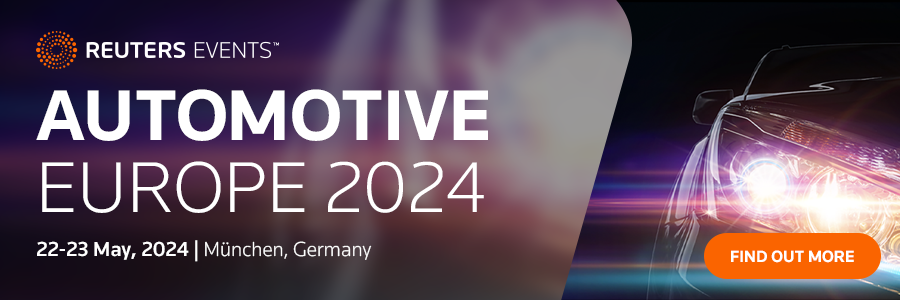
































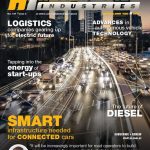 Toward the Connected Road
Toward the Connected Road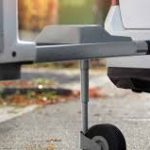 New concept automatically connects car and trailer
New concept automatically connects car and trailer Automechanika Shanghai prepares for highly anticipated new theme – Tomorrow’s Service & Mobility
Automechanika Shanghai prepares for highly anticipated new theme – Tomorrow’s Service & Mobility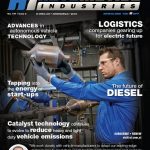 Making mobility as sustainable as possible
Making mobility as sustainable as possible Aluminum is driving the future of e-mobility
Aluminum is driving the future of e-mobility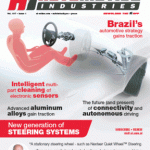 A disruptive industry being disrupted
A disruptive industry being disrupted

